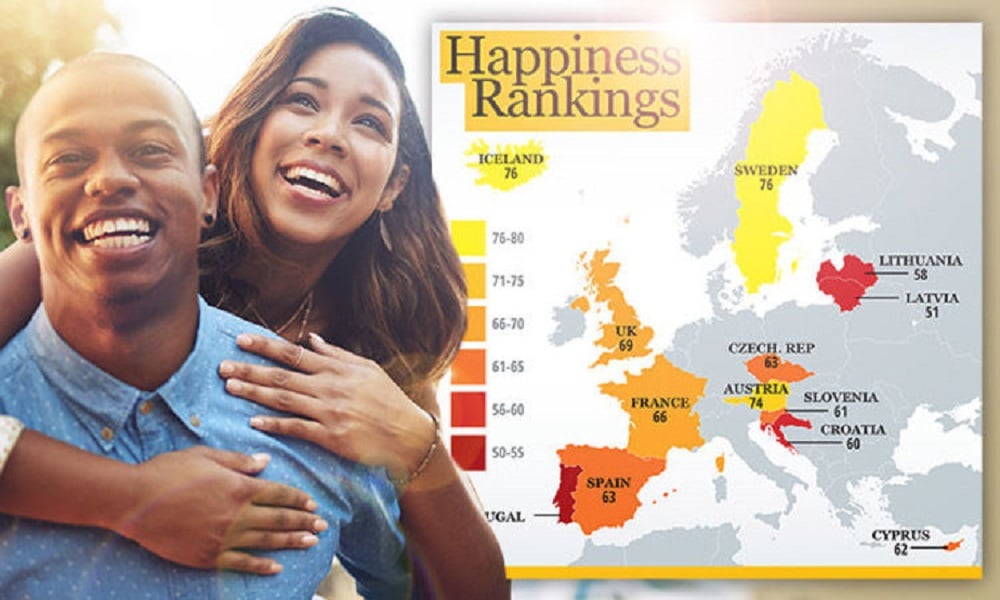The United Nations conducts research each year to determine the happiness levels of countries worldwide and rank them accordingly. Since the inception of this research report in 2012, Scandinavian countries have consistently held the top positions in these rankings. In this article, we will explore the reasons behind the happiness of the people in these countries.

The culture of Scandinavian countries is marked by several key attributes, including trust, equality, generosity, openness, and transparency. The cultural upbringing that Scandinavian children receive during their socialization process plays a significant role in shaping their happiness.
Furthermore, Scandinavians place a strong emphasis on independence. Factors such as economic and social emancipation contribute to their overall sense of well-being. Public safety is also a fundamental aspect of life in these countries.
Scandinavian nations actively engage in international trade, adhering to a free-market economy that operates based on the principles of supply and demand. Simultaneously, they prioritize social welfare programs that encompass universal education, healthcare, and various other social benefits.
Consequently, there is minimal income inequality and disparity within these countries. Even children from less-educated families have the opportunity to pursue higher education at no cost. The reduced income inequality among the population helps mitigate the prevalence of depression.
Social cooperation and generosity are deeply ingrained in the culture of Scandinavian countries. When a child is born in these Nordic nations, the government assumes responsibility for their well-being. All citizens enjoy access to free education and healthcare. Social cooperation extends to charitable acts and helping others.
At the end of the day, a Scandinavian citizen may reflect on whether they have contributed to charity, finding solace in such acts of kindness. Philanthropy is another avenue through which they seek peace of mind. The government offers support for physical health issues, and individuals who leave their jobs after completing their education receive social security benefits.
Scandinavian countries have robust social democracies that provide extensive social protection for their citizens. Basic rights, including free education and healthcare, are guaranteed, alleviating concerns for these fundamental needs. While some may attribute the happiness of Scandinavian countries to their homogeneity, it is noteworthy that nations like New Zealand, Canada, and Australia, which have diverse ethnic populations, also consistently rank high in happiness reports.
In conclusion, the enduring happiness of Scandinavian countries can be attributed to a combination of cultural values, social systems that prioritize welfare, economic policies, and a strong sense of social cooperation and generosity. These nations provide their citizens with the assurance of fundamental rights and security, ultimately contributing to their overall well-being and contentment.
Leave a Reply